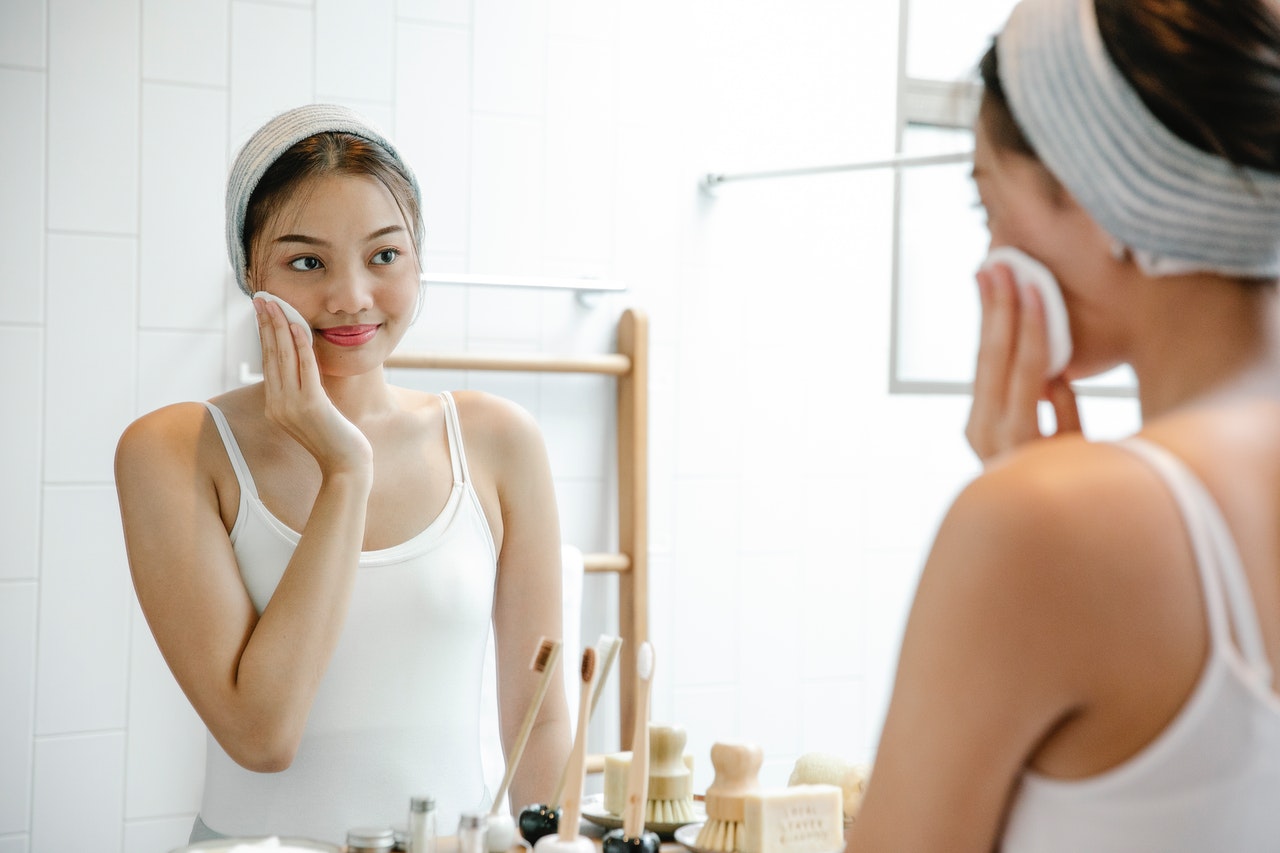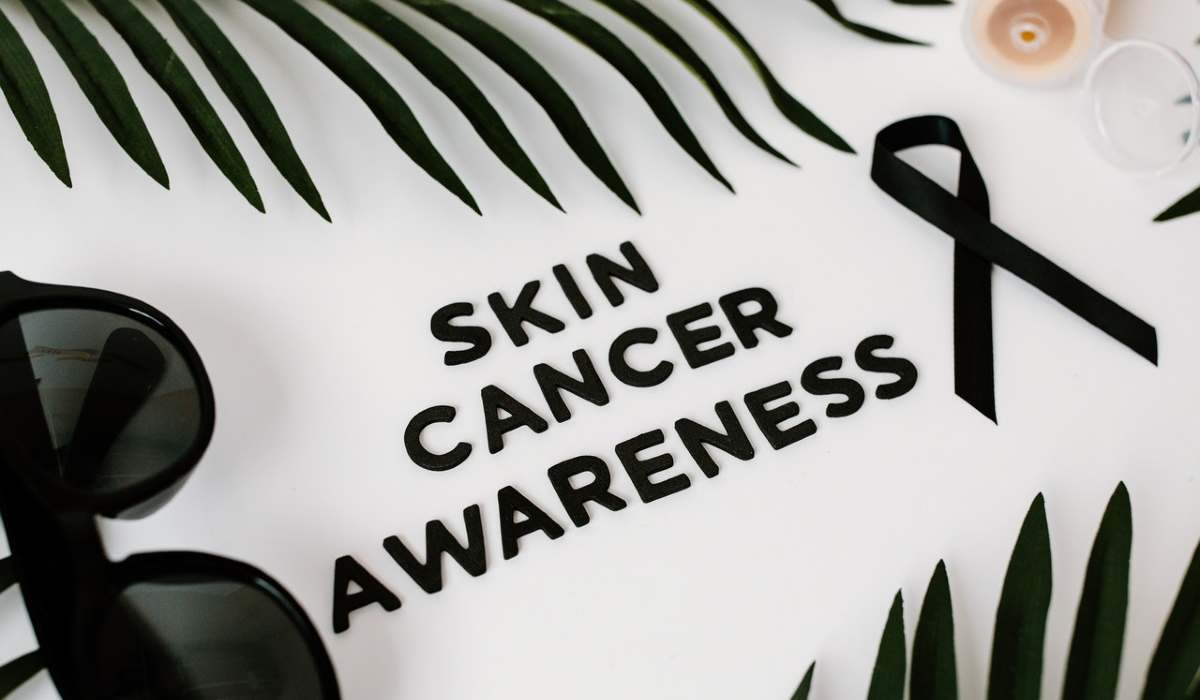Changes in our skin as we age are inevitable, including loss of moisture, changes in…

Retinoids & Summer: Should I Skip My Retinol When The Sun’s Out?
Many of us have considered retinoids a crucial part of our skincare routine for quite some time now. Dermatologists and beauty experts alike will tout its benefits thanks to its multitude of uses and benefits. But how does retinol fit in when the summer sun’s shining, and should you stick with it or skip it?
As a derivative of vitamin A, retinoids are used for a whole host of other amazing tricks; from stimulating collagen production to helping our bodies to replace old skin cells. The only downside we can really find is that it can be harsh on the skin; most people using retinoids will have to build up a tolerance over time.
That said, it’s understandable why skincare enthusiasts might be reluctant to use retinoids in the summer months. The harshness of such products can seem like something to avoid when we’re out in the sun more frequently.
Of course, it’s never as simple as that.
Why Do People Worry About Retinoids?
Retinol is well-known for irritating the skin when used in high doses. Most serums and retinoids come with various percentages of strengths on the label. They’re developed specifically so that we can start with a low percentage and work our way up over time.
When you first begin to use retinol in your routine, it may well cause irritation.
However, this doesn’t mean you should give up. It only means that even the product you’ve begun with might be too strong. It means that it’s time to find something milder. That way, you can reap the benefits of retinoids, but at a lower percentage.
There is only reason anyone should be worried about using retinol during the summer. And that’s if you haven’t yet identified the best formula for your skin.
If your skin is still adjusting to the strength of your product (such as prescription-strength retinoids), then you’ll find yourself a little more sensitive than usual. And you’d be right to avoid the sun.
Retinoids can make your skin feel like it’s burning. This is because it’s how the product produces new skin cells and turns over the dead ones. You might see some redness while this is happening. And, of course, this can lead to worrying about exposure to the sun. However, unless you’re a retinol newbie, you should know that this won’t contribute to additional sun damage.
So Should I Be Using Retinoids In The Summer?
The instructions on many retinol products will tell you not to go out in the sun immediately after applying them. However, this is more to do with how well the product will work than about causing damage to your skin.
Yes, retinoids will make your skin a little more sensitive to the sun. But research shows there’s no evidence to back up claims of photo-allergies or photo-toxicities with retinol. Provided you’re also applying SPF (which you should be!), there’s no reason your risk of burning should be significantly different to if you weren’t using a retinoid.
It’s worth keeping in mind that the retinoid itself is a little sun-sensitive, though.
Prolonged exposure to sunlight will deactivate the active ingredients in your products, which will make it considerably less effective. So, it’s no surprise that those in the know prefer to use retinol treatments at night, before bed.
Doing this won’t prevent irritation from occurring, but it will help to ensure the effectiveness of your products.
Summer Skincare No-Nos
Ok, so retinoids aren’t to be entirely avoided during the summer. But there are some skincare ingredients that you should avoid, as they’ll lose efficacy in the sunlight.
Whether it’s an over-the-counter product or dermatologist/doctor prescribed medication, some products won’t work as well. And some will make your skin sensitive and prone to burning.
Products that contain citrus ingredients and essential oils are all phototoxic. Which means those derived from lemons, oranges, grapefruits and even bergamot can cause problems. Each of these contains something called furocoumarins, which will burn your skin when exposed to sunlight.
As such, it’s crucial to make sure you understand the ingredients in your products before you use them.
There are also certain products used to treat hyperpigmentation that can increase your skin’s sensitivity to the sun; hydroquinone being a big one. So, we’d recommend reserving this one in your night-time routine throughout the summer months – not for daytime.
In higher concentrations, it’s better to keep an eye on your AHA and BHA products too; these can make your skin vulnerable to UV rays. Much like the other ingredients we’ve mentioned, stick to using it at night. Or practice some sun avoidance and wear SPF to be certain your skin is safe.
In conclusion
For anyone already acclimated to retinoids, and using them regularly, it’s worth considering using them only at night-time for the summer months. The simple reason? Because it makes your day a whole lot easier (and you should have plenty of other skincare essentials at your disposal).
However, if you’re wearing SPF and you’re willing to risk the efficacy of the product, then go right ahead. It won’t do your skin any harm.
It’s still important to check your skincare products for other active ingredients that could harm your skin when exposed to sunlight, though.





